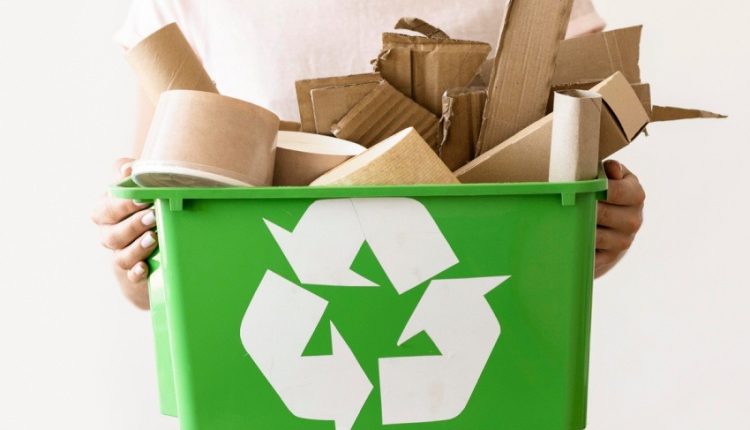Green Again: The Art of Repurposing Containers for a Sustainable Home
In an era of increasing ecological awareness and a drive towards sustainable living, reusing and repurposing become key aspects in reducing waste and conserving resources. One way to achieve this is by reusing containers. In this article, we will explore various types of containers that can be safely and effectively reused, and provide tips on their alternative uses around the home.
Glass Jars
Glass is one of the safest materials for reuse. Jars from jams, sauces, and canned goods are perfect for storing dry goods, homemade preserves, or as flower vases. Glass does not absorb smells, does not stain, and is easy to clean, making these jars versatile containers for multiple uses.
Plastic Containers
With proper handling, plastic containers can also be reused. However, it is important to note that not all plastic materials are suitable for long-term reuse, especially in contact with food. Look for containers marked as safe for food use and suitable for multiple uses. Plastic containers are suitable for storing non-food items such as stationery, screws, nails, and other small items.
Metal Cans
Metal cans can be transformed into a variety of useful items for the home and garden. Cleaned and processed cans are excellent for use as plant pots, pencil holders, or even as lanterns if holes are made for light to penetrate. It is important to carefully process the edges of the cans to avoid the risk of cuts.
Cardboard Boxes
Cardboard boxes are another great material for reuse. They can serve as storage for various items, from clothing to toys and books. Large boxes can be transformed into playhouses for children or even cozy beds for pets. With a little creativity, cardboard can find a second life in your home.
Plastic Bottles
Plastic bottles offer a wide range of possibilities for reuse. From cutting them into pieces to create bird feeders or mini-greenhouses for seedlings to using them as decorative vases — plastic bottles can have many uses. The main thing is to thoroughly clean them before using them for new purposes.

Tips for Safe and Effective Reuse of Containers:
- Always thoroughly wash containers before reusing them, especially if they have been in contact with food.
- Ensure that containers do not have cracks, chips, or other damages that could become a source of contamination or a safety hazard.
- Use appropriate markings on plastic and metal containers to avoid chemical contamination.
- Be creative and look for innovative ways to reuse containers to reduce waste and make your lifestyle more sustainable.
Reusing containers not only reduces environmental harm but also opens up endless possibilities for creativity and self-expression in the household. Start small, and you will see how your home transforms into a more eco-friendly and organized space.

